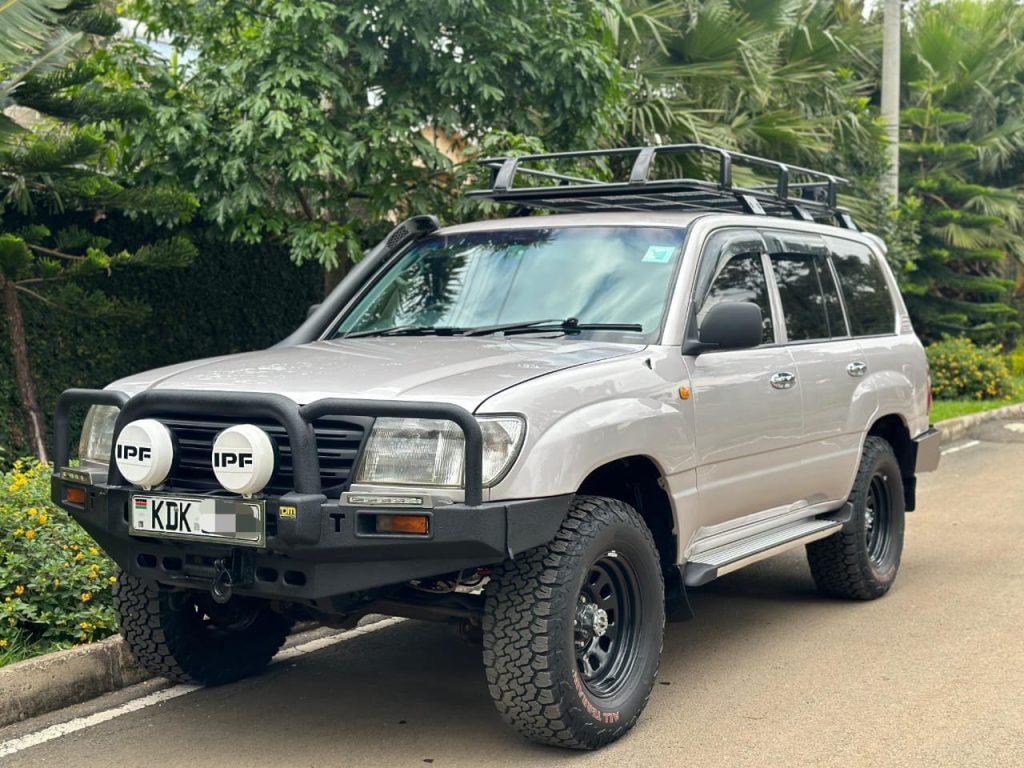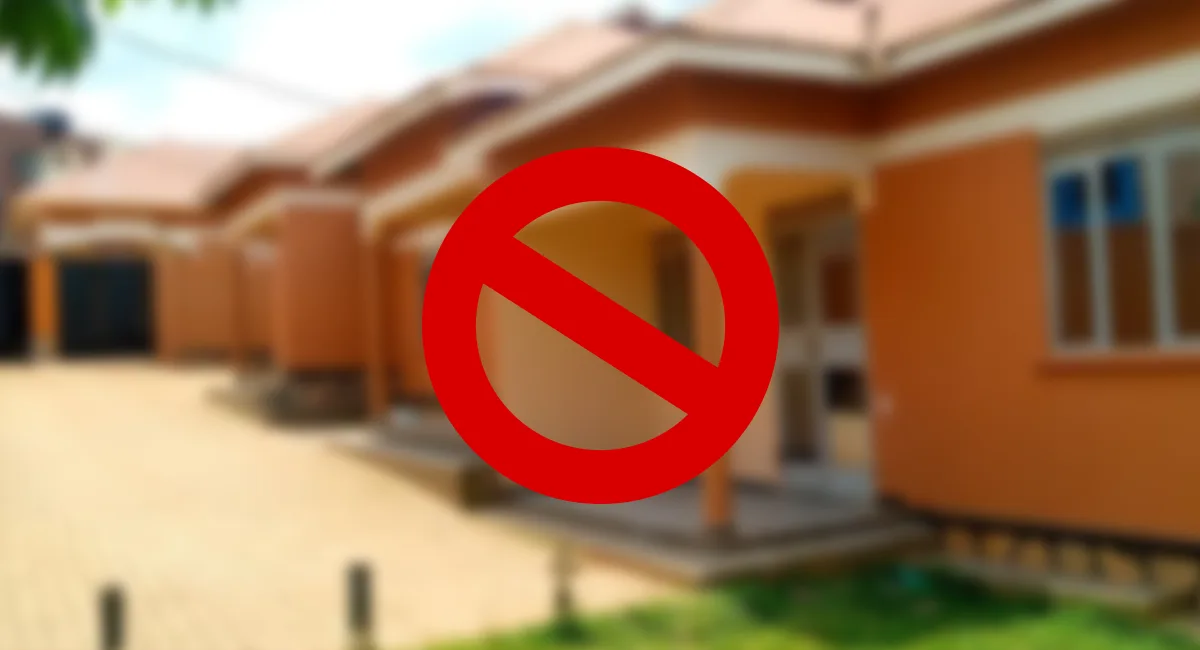
Buying a used car in Nairobi is a practical choice for many Kenyans in 2025. With congested roads, fluctuating fuel prices, and rising costs of new cars, the second-hand market remains the most affordable option. However, the used car market also comes with risks, making it important to know exactly what to check before making a purchase.
The first step is verifying ownership and documents. Always ask for the original logbook and ensure the seller’s ID matches. Use the NTSA TIMS portal to confirm the vehicle’s history and check if it has been involved in accidents, has pending loans, or has been blacklisted. Avoid cars with missing or inconsistent paperwork.
Next, check the mileage. A well-maintained car usually averages 10,000–15,000 km per year. Extremely low mileage on an older car may indicate tampering. Inspect the dashboard carefully and compare wear and tear with the claimed mileage.
A mechanical inspection is non-negotiable. Bring along a trusted mechanic to check the engine, gearbox, suspension, and electronics. Test-drive the car through Nairobi’s rough patches to spot hidden problems. Don’t forget to check the tyres and brakes, as replacements can be costly.
It’s also important to factor in hidden costs. Beyond the purchase price, you’ll need to pay for insurance, inspection fees, transfer of ownership, and sometimes minor repairs. Always budget an additional 10–20% to avoid surprises.
When it comes to price, do your homework. Compare prices of similar models on CityPlus Kenya, where thousands of listings are available. This ensures you don’t overpay. Bargaining is common in Nairobi, but research gives you the upper hand.
The bottom line: Buying a used car in Nairobi in 2025 is safe and rewarding if you take the right precautions. With proper due diligence and by using trusted platforms like CityPlus.ke, you can drive away with a reliable car that fits your budget.



Leave a Reply